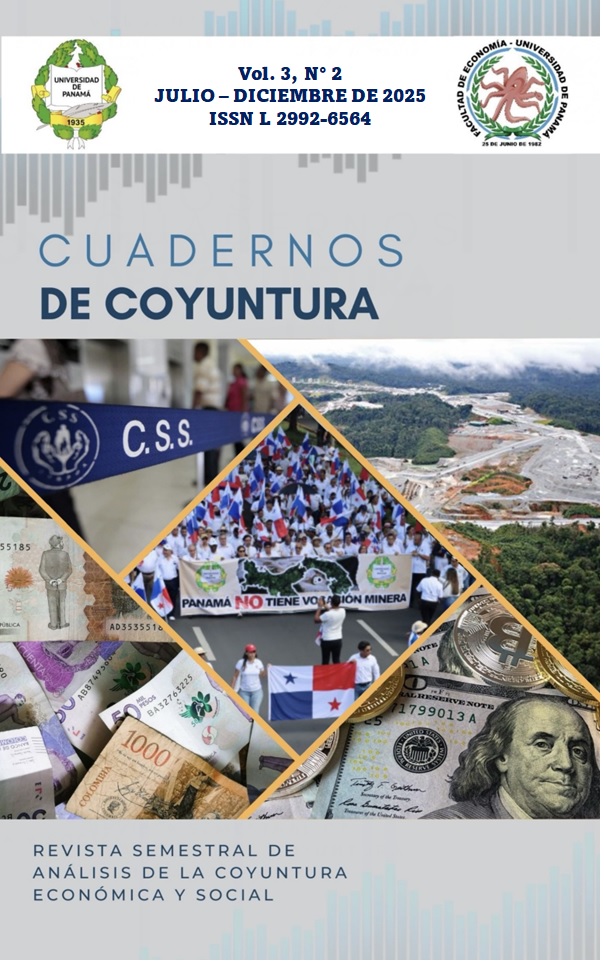

Unemployment and labor informality in Panama have been persistent issues with significant effects on the country's economic development, especially between 2020 and 2024. The COVID-19 pandemic exacerbated these problems, increasing unemployment and pushing more people into the informal sector. Labor informality, characterized by the absence of formal contracts and social protection, affects sectors such as retail trade, agriculture, and domestic work.
Through a descriptive-explanatory methodology, the study analyzes data collected through surveys and secondary sources. The results show that 52% of respondents are unemployed, and 20% work informally. The main causes of unemployment include government changes and business closures. Additionally, 61% of respondents report monthly incomes below B/.300.00, highlighting economic vulnerability.
The study employs various economic theories, such as Keynesian unemployment theory and the dual labor market theory, to explain the persistence of these phenomena. It also examines policies implemented in other countries to mitigate unemployment and informality, highlighting strategies such as financial assistance programs and employment digitalization. The conclusions emphasize the need for government interventions that promote job formalization, access to labor benefits, and workforce training. Recommendations include tax incentives, financial inclusion programs, and partnerships with international organizations to improve job stability in Panama.